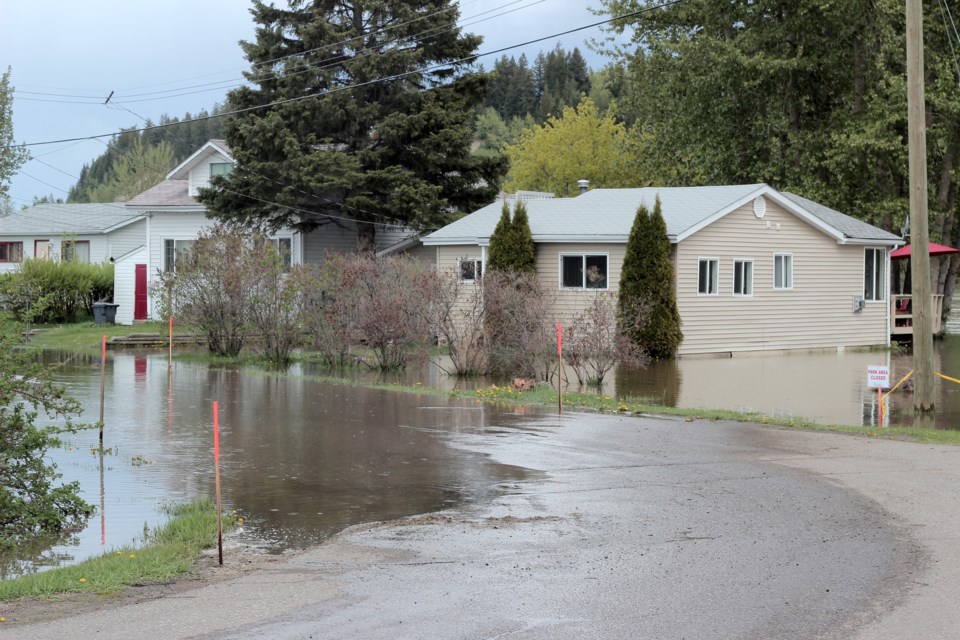As more and more communities experience the consequences of the climate crisis, and adapt to its drastic environmental changes, a recent survey found that only 29 per cent of Canadians have a plan for when climate emergencies strike their region.
The Ipsos study polled Canadians between 25 and 55 years old to gauge their readiness and awareness of future natural disasters and how to respond to them.
"The poll identified a weakness when it comes to understanding the disastrous consequences of weather-related emergencies in Canada,” said Tim Warmington, media relations manager of Public Safety Canada, in a press release.
The results show that 76 per cent of Canadians are not prepared for or unconcerned about future emergencies and disasters, despite having lived through the COVID-19 pandemic, which revealed the vulnerabilities of many people financially, physically and mentally.
Forty-five per cent of surveyees said the pandemic has not affected their planning for future disasters.
And half of the group believe they’re living in low-risk areas for natural disasters.
To address the clear lack of readiness, Public Safety Canada is starting a new campaign to inform and educate Canadians on how to mitigate risks for flooding, earthquakes, blizzards and tornadoes.
In British Columbia, and in many regions of Canada, spring is peak flood season, either caused by ice jam, or heavy storms.
And although the Pacific Northwest floods happened in the tail end of 2021, they devastated many communities in B.C.'s Interior.
Major highways, including the Coquihalla, were severely damaged and closed for weeks. The closures impacted supply chains and the like.
“As we continue to see in other parts of the world, the cost of not being prepared is far too great,” said Warmington.



